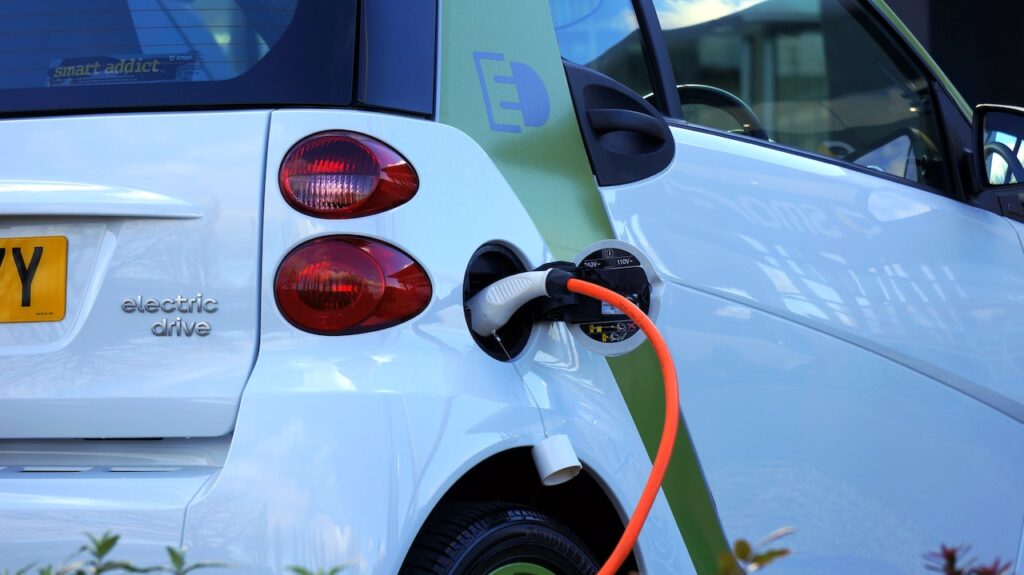The history of electric cars dates back further than you might think. While the recent surge in interest around electric vehicles (EVs) may give the impression that they are a modern invention, the truth is that electric cars have been around for over a century. In this blog, we’ll explore the fascinating history of electric cars, from their early beginnings to the innovative models we see today. Understanding the evolution of electric vehicles not only provides an interesting historical perspective but also highlights the impressive progress made in recent years.

The Early Days: Pioneers of Electric Mobility
In the late 19th and early 20th centuries, electric vehicles were already making their mark on the automotive scene. Inventors and engineers recognised the potential benefits of electric power, such as reduced pollution and noise levels. Early electric cars even competed with their petrol-powered counterparts in terms of sales and popularity. However, as petrol vehicles became more accessible and petrol stations more widespread, electric cars faced challenges that led to a decline in their market share. It’s interesting to consider how different the automotive landscape might have been if electric car leasing options had been available during this period.
The Revival: Rekindling Interest in Electric Cars
In the latter half of the 20th century, concerns over air pollution, oil crises, and a growing awareness of the environmental impact of fossil fuels led to a renewed interest in electric vehicles. Carmakers began to develop new electric models, often focusing on smaller, more efficient designs. Battery technology also improved, allowing electric vehicles to achieve greater range and performance. This period of electric vehicle development laid the groundwork for the modern electric cars we see today.
The 21st Century: A New Era for Electric Cars
The turn of the century marked a significant shift in the electric vehicle industry, with major automotive manufacturers investing heavily in electric car research and development. Driven by advances in battery technology, increased government support, and a growing demand for eco-friendly transport options, the 21st century has seen the emergence of numerous groundbreaking electric vehicles.
Some of the most notable developments in the modern era of electric cars include:
The Introduction of Hybrids
Hybrid vehicles, which combine a petrol or diesel engine with an electric motor, have played an important role in the resurgence of electric cars. The Toyota Prius, released in 1997, is a prime example of a hybrid that has achieved global success, helping to pave the way for the acceptance of electric vehicles.
The Rise of Tesla
Tesla has undoubtedly played a significant role in the electric car revolution. Founded in 2003 by Elon Musk, the company’s mission is to accelerate the transition to sustainable energy. Tesla’s Roadster, launched in 2008, demonstrated that electric cars could be both stylish and high-performing, helping to change public perception of EVs. Tesla’s subsequent models, such as the Model S, Model X, and Model 3, have continued to push the boundaries of electric vehicle capabilities.
Increased Government Support
Governments around the world have implemented policies and incentives to encourage the adoption of electric vehicles. These measures have contributed significantly to the growth of the electric car market. In the UK, for example, the plug-in car grant and the increased availability of electric car leasing options have made EVs more accessible for both individual and business users.

